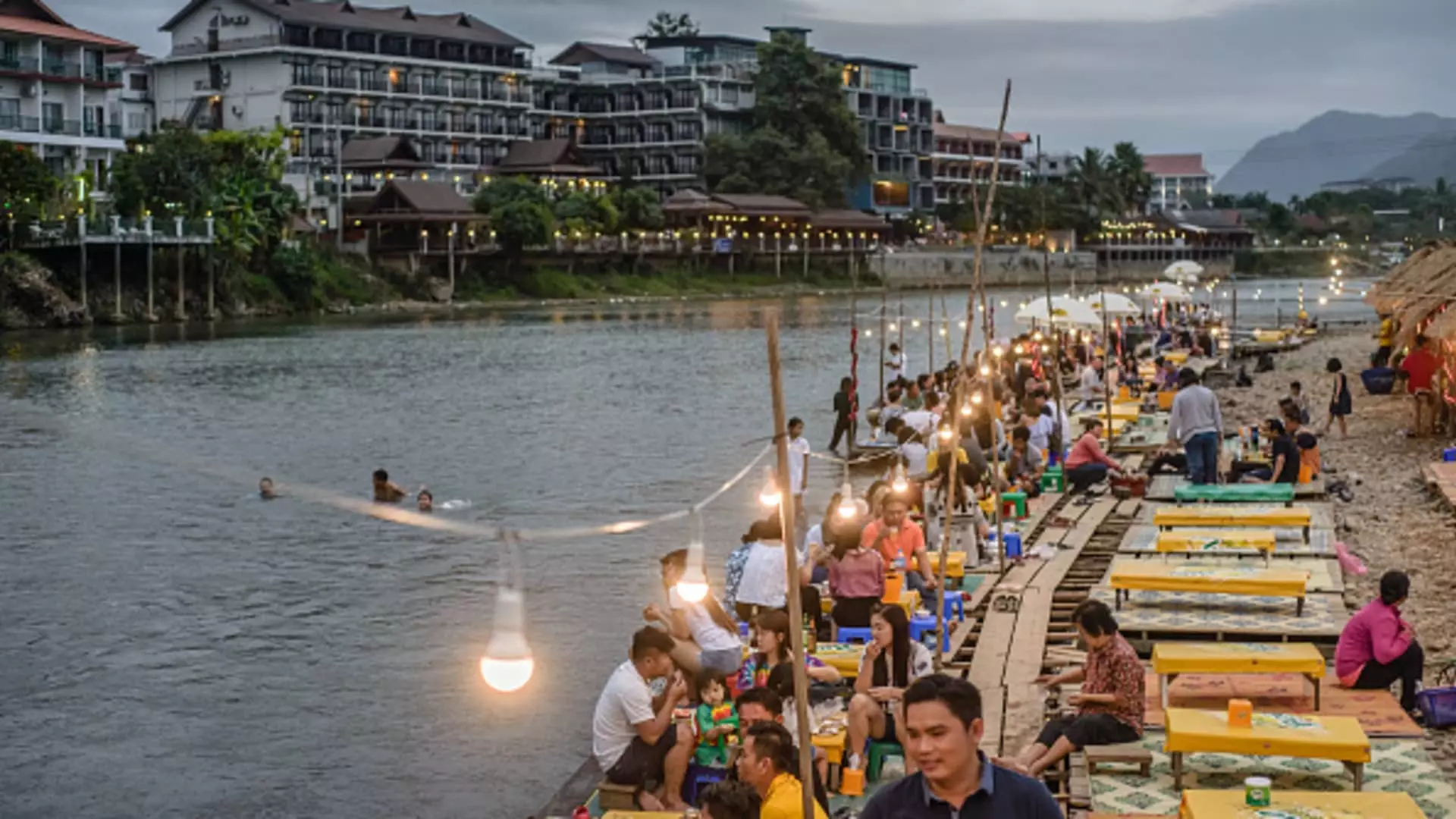In recent weeks, the tragic deaths of six tourists from various countries, including Australia, Denmark, the United Kingdom, and the United States, have highlighted the critical issue of methanol poisoning in the global travel scene. These individuals were suspected victims of illicit alcohol consumption in the popular tourist town of Vang Vieng, Laos, where it is believed that they ingested beverages contaminated with methanol. The incident serves as a grim reminder of the dangers lurking within alcoholic drinks, particularly in regions with less stringent regulations regarding the sale and production of alcohol.
Methanol, unlike the ethanol commonly found in beverages, can lead to grave health complications, including blindness and death, when ingested even in small quantities. Despite this, methanol is often used illegally as a cost-cutting measure by unscrupulous manufacturers and vendors. In certain parts of the world, particularly in developing nations, the lack of awareness regarding the risks associated with methanol consumption contributes significantly to the problem.
The issue of methanol poisoning is not isolated to Laos; it poses a global public health concern, with substantial reported incidents occurring predominantly in Asia. According to data from the international non-governmental organization, Doctors Without Borders, methanol-related incidents have affected over 39,000 individuals globally since 2019, leading to approximately 12,900 fatalities. This staggering statistic emphasizes the need for increased awareness and preventive measures against such poisonings.
Many of these poisoning incidents often go unnoticed, as symptoms—such as nausea, dizziness, and fatigue—can easily be mistaken for common ailments like food poisoning or hangovers. More alarming, however, is the fact that the symptoms of methanol poisoning can escalate quickly, with severe cases leading to rapid heart rates, visual disturbances, and ultimately, disability or death if not treated promptly.
For many tourists, a night out might involve trying local drinks and experiencing the culture through its culinary offerings. However, the reality is that in many countries, especially those that attract large tourist populations, the safety and quality of alcohol can be compromised. In Indonesia, for example, methanol poisoning has been linked to illicitly distilled “arak,” a traditional alcoholic beverage. Travelers hoping to enjoy cocktails or mixed drinks may inadvertently put their lives at risk if the alcohol is not sourced from reputable distributors.
Social media has seen the rise of pages cautioning travelers about drinking spirits in popular tourist locales. Recommendations such as choosing beer, cider, or duty-free alcohol instead of cocktails highlight the need for tourists to be more discerning in their alcohol choices while abroad. It is crucial for travelers to educate themselves on the potential risks and to be aware of the alert signs of methanol poisoning.
The tragic deaths in Laos and numerous poisoning incidents elsewhere underscore the pressing need for better education regarding the dangers of methanol consumption worldwide. Local health organizations and governments must prioritize public health initiatives aimed at enhancing awareness of the risks associated with consuming unregulated or poorly manufactured alcoholic beverages. Tourists, too, should exercise caution, conducting thorough research on the places they visit and making informed choices about where they consume alcohol.
In addition, authorities must implement stricter regulations concerning alcohol production and sales, ensuring that vendors are held accountable for the quality of their products. Public health campaigns focused on informing both travelers and locals about the potential dangers of methanol can help reduce the incidence of poisoning, saving lives, and preventing future tragedies.
Ultimately, the challenge lies in creating a safer environment for people to enjoy their experiences while traveling. Only through increased awareness, regulatory frameworks, and personal vigilance can individuals avoid becoming victims of this preventable public health issue.


Leave a Reply